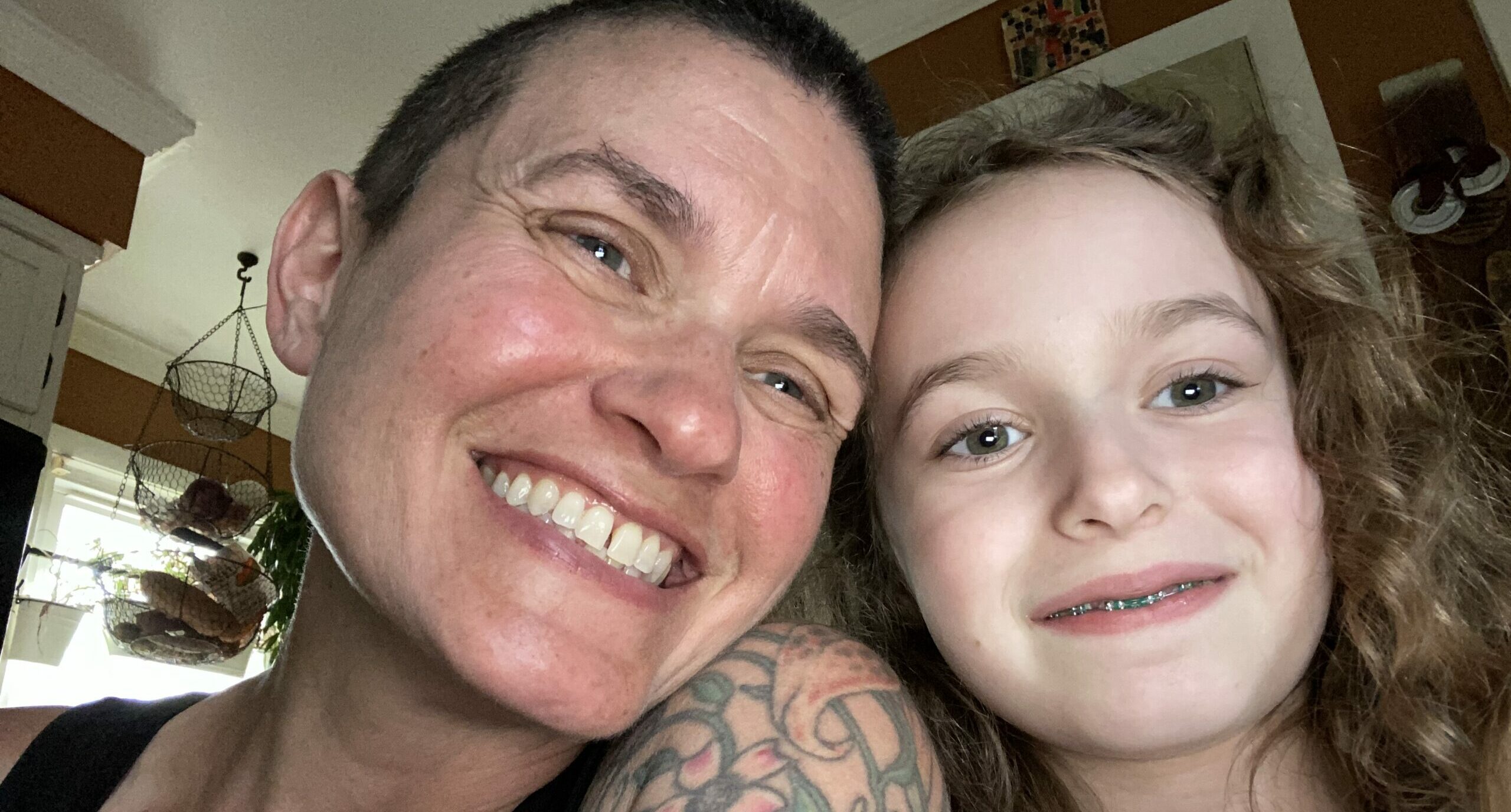
When thinking about colorectal cancer, it’s difficult to get an accurate sense of what puts you at risk, and what doesn’t. It’s important to know that screening for all genders should start at age 45, or earlier depending on family history.
To help you better understand colon cancer and risk factors, let’s break it down into two categories: those you can control, and those you can’t.
Risk Factors You Can Control
- Don’t smoke or vape, and quit if you do.
Smoking and vaping have a negative effect on your body. While nicotine use is most closely associated with lung cancer, it’s also been linked to heart disease and many types of cancer, including colorectal.
- Limit alcohol consumption to less than two drinks per day.
Alcohol is closely connected with increased risk for colorectal cancer. While drinking alcohol doesn’t mean you will develop cancer, limiting alcohol consumption will help decrease your risk.
- Exercise and maintain a healthy diet
A diet high in fiber (think apples, beans, and vegetables) and low in red and processed meats (hot dogs, ground beef, salami, and steak!) will help your gut microbiome, and lower your risk of developing colorectal cancer. Eating a healthy diet and maintaining consistent exercise is a proven way to lower your cancer risk.
- Knowing the signs and symptoms of colorectal cancer
Colorectal cancer is treatable if caught early. 90% of colorectal cancer patients live past the five year mark after their cancer diagnosis. While early stage cancer may not show symptoms, knowing these signs will help you catch colorectal cancer as early as possible. Making notes about what you are experiencing and when will help you advocate for yourself at the doctors office.
Talk to your health care provider if you regularly experience one or more of these symptoms:
Blood in stool
Change in bathroom habits
Fatigue
Anemia
Unexplained weight loss
Persistent cramps or low back pain
Feeling bloated
Now let’s get into cancer factors you can’t control, but you should be aware of.
Risk factors you can’t control
- Your age
Your risk for colorectal cancer increases over the age of 45. This doesn’t mean you can’t be diagnosed before the age of 45, however. In fact, colorectal cancer is increasing in younger demographics. It’s important to get screened on time and to completion after you turn 45, or even earlier depending on family history.
- Personal medical history
Gastrointestinal diseases like Crohn’s disease or ulcerative colitis can increase your risk for colorectal cancer. Talk to your doctor if you have any concerns, questions about your risk, and staying up to date on colonoscopy screenings.
- Family history
Family history may indicate that screening for colorectal cancer should start earlier for you than 45 years old. Talk to your doctor to find out if your family history warrants early screening for you.
Finding a welcoming and trusted health care provider before you need one can give you peace of mind and the knowledge that you are doing everything you can to mitigate your risk for colorectal cancer.

